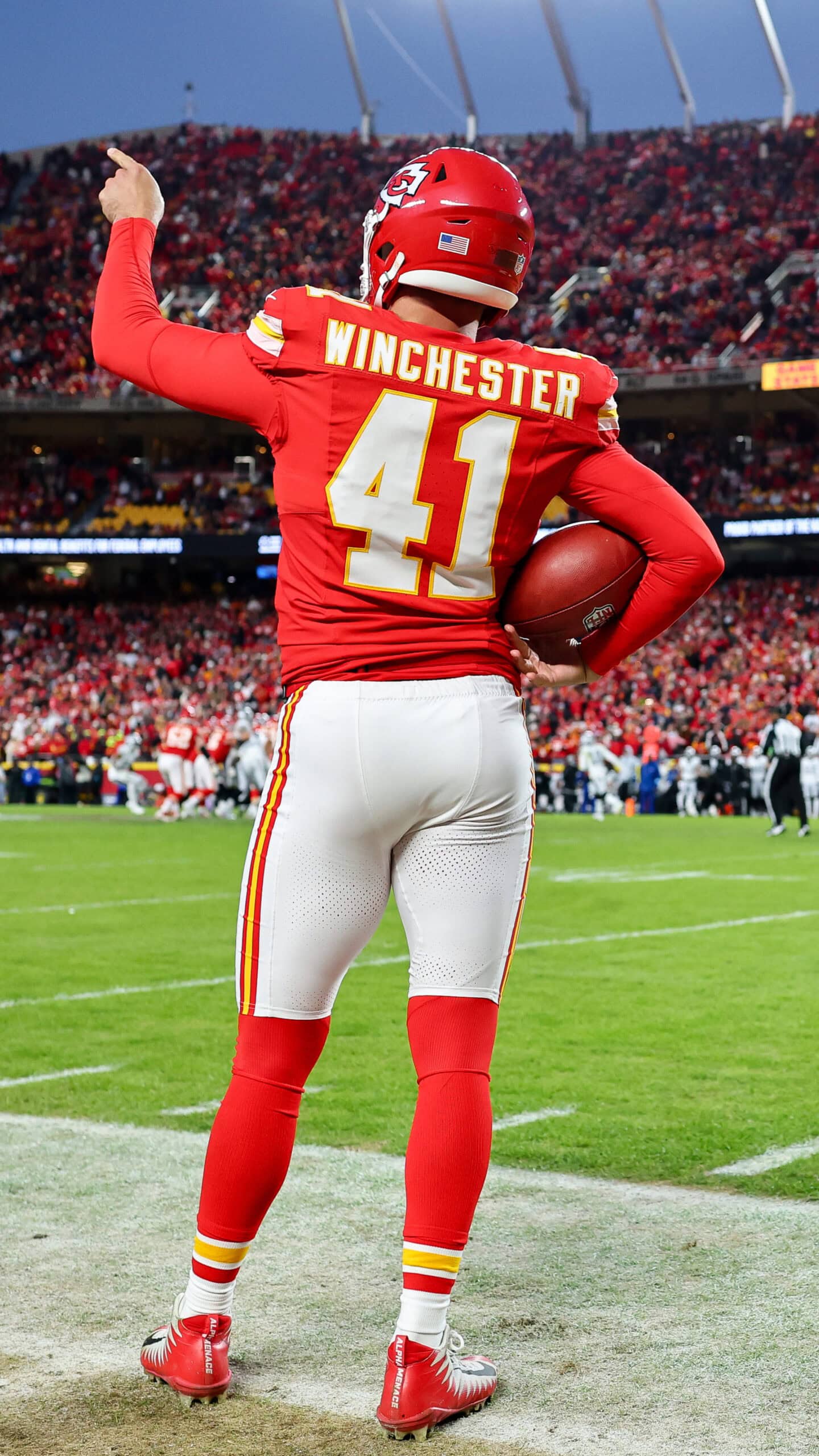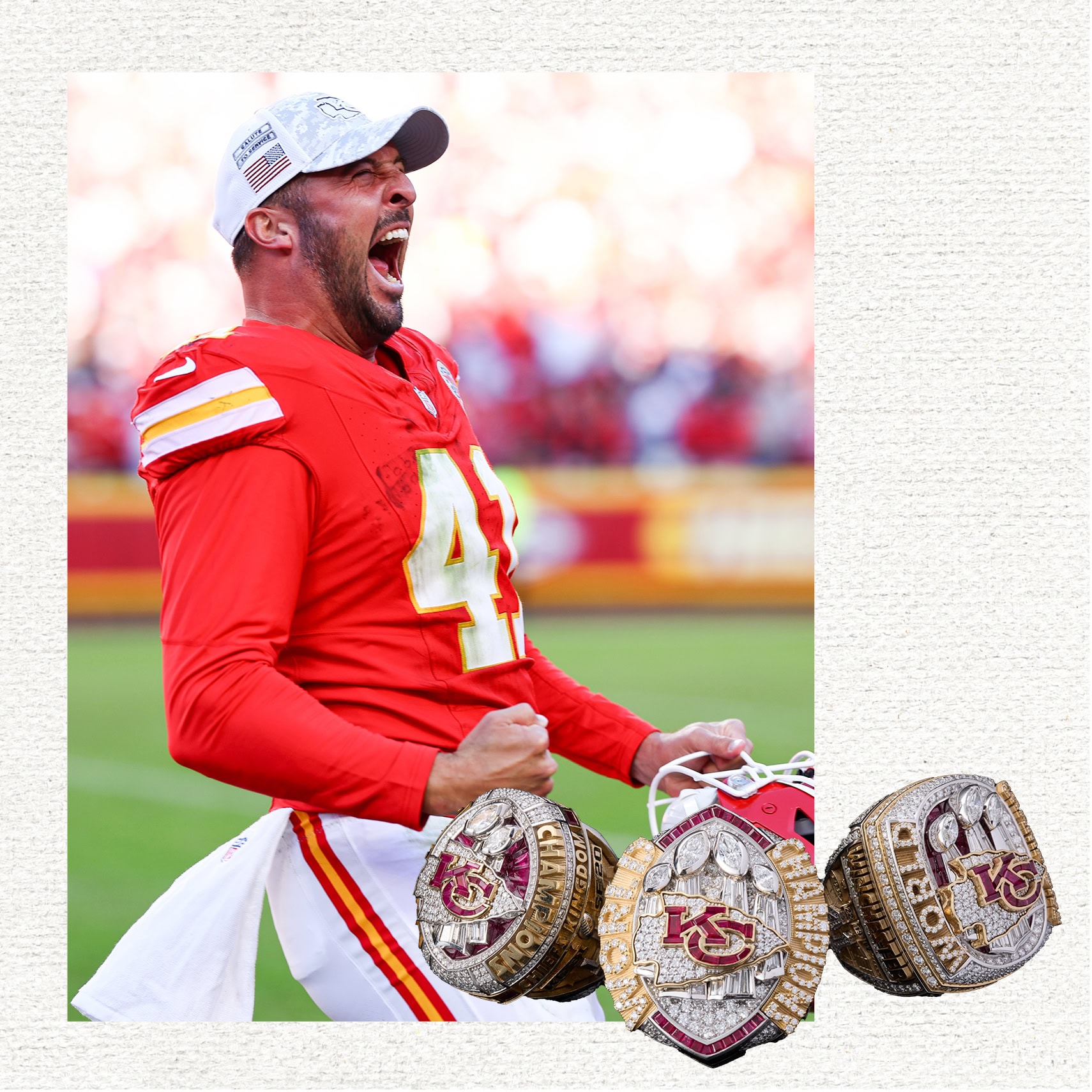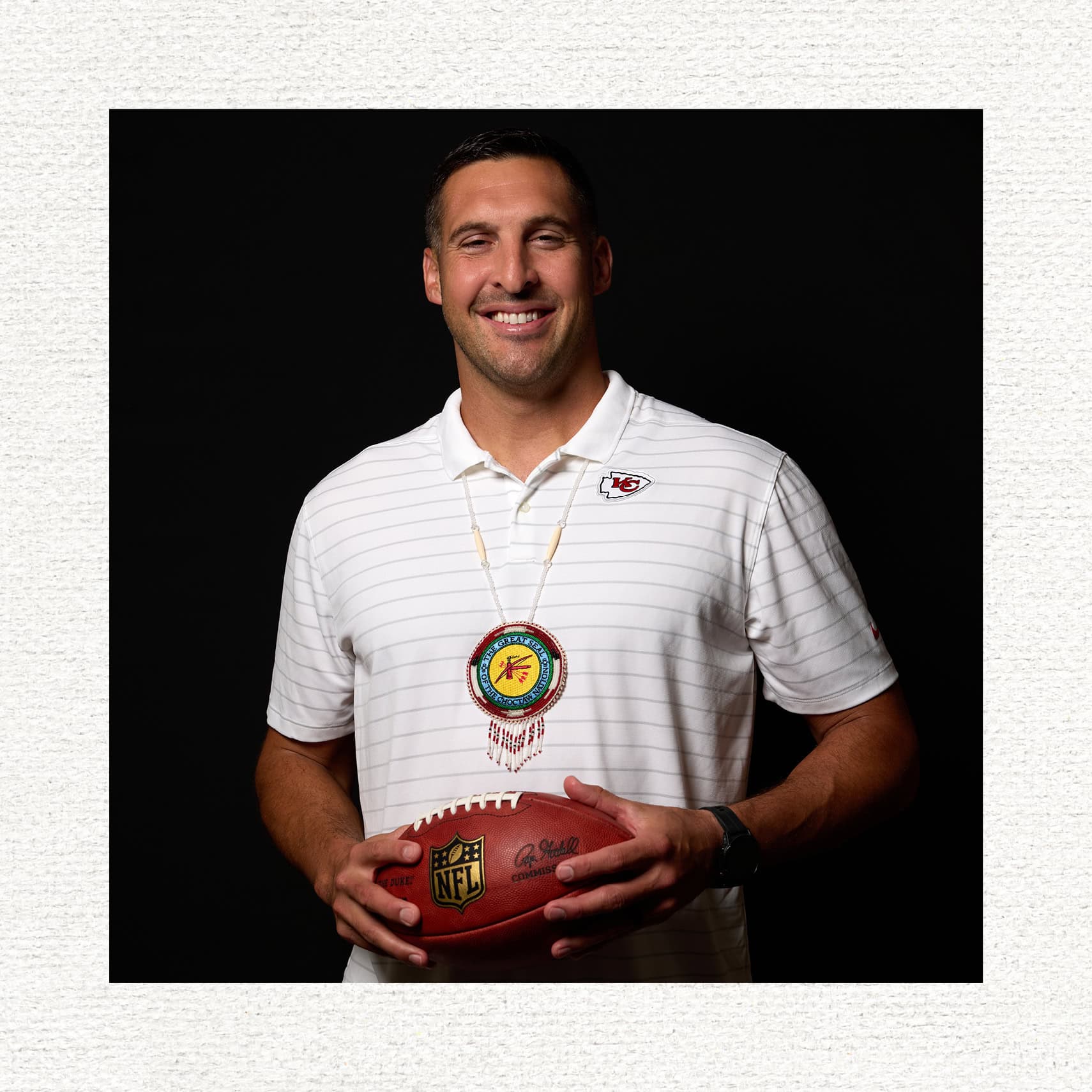Choctaw tribal member James Winchester grew up in the heart of Oklahoma, where sports weren’t just a pastime—they were a way of life. Long before he earned a spot in the NFL as the long snapper for the Kansas City Chiefs, he was immersed in the world of athletics in his hometown of Washington, Oklahoma. For James, football wasn’t simply a sport; it was his passion and the dream he hoped to chase into adulthood.
That dream was heavily influenced by his father, who played for the University of Oklahoma under legendary coach Barry Switzer in the 1980s. His father had been a walk-on, coming from a small school, and carved out a role for himself on a nationally celebrated team. That example taught James a powerful lesson: with enough grit and perseverance, even the biggest goals were possible.
“The Oklahoma Sooners were a big deal. Hearing my dad tell stories about playing in the 80s, playing for Coach Switzer and being a part of championship teams was something that I always dreamed about, being a part of,” said James. “We all played different sports, but I think we always looked at my dad as someone who, you know, had gone above and beyond.”
As a child, James tried his hand at baseball and basketball, but football was always at the center of his heart. He recalls the household as one fueled by competition, but all the siblings looked up to their father as the one who blazed the trail. It wasn’t just about winning games, but about chasing something beyond championships and proving that their family’s story could continue on the gridiron.
Faith and family were foundational to James, giving him both the courage to take risks and the stability to stay grounded while chasing his highest ambitions.
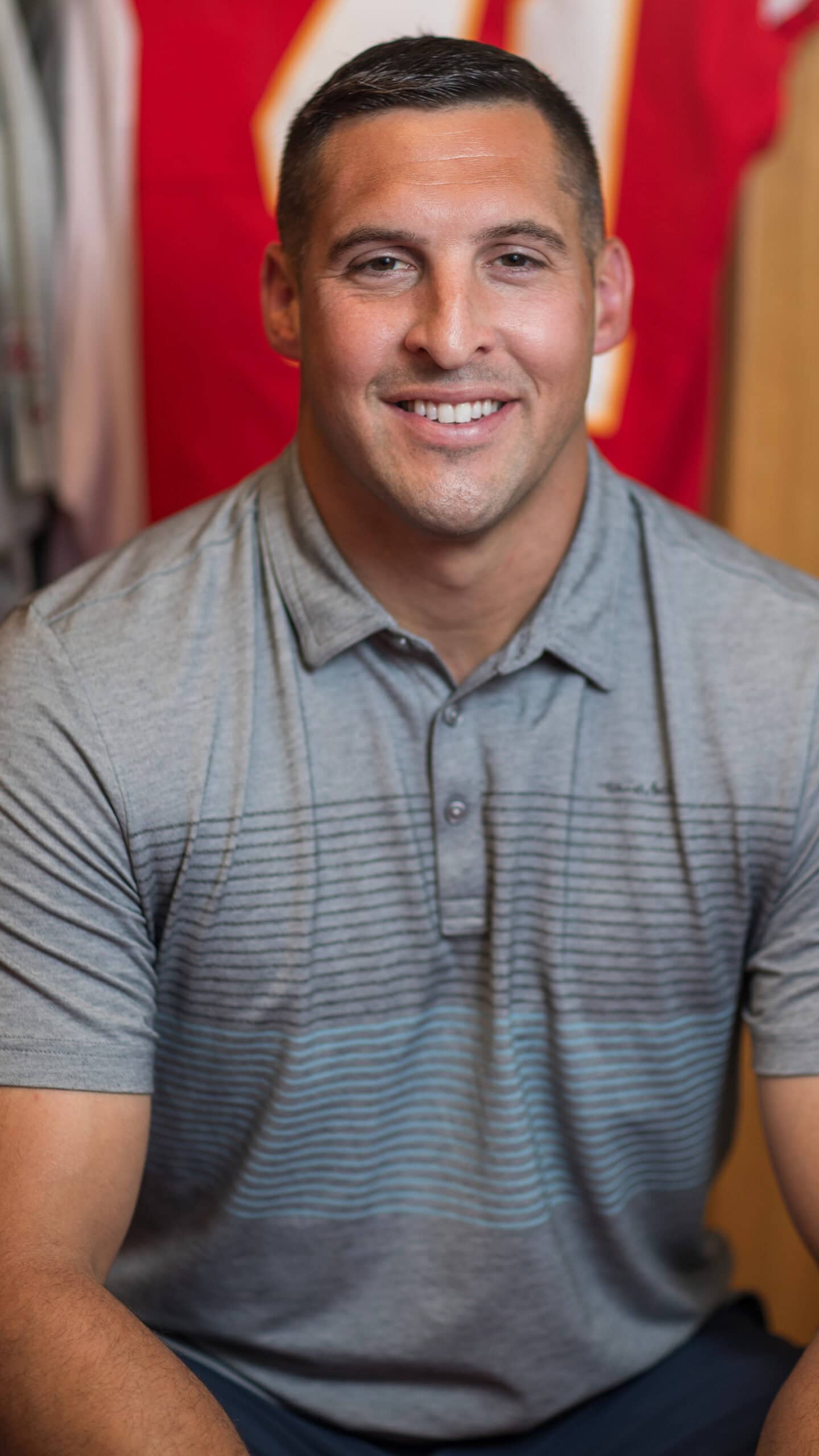
“Being from a family of faith, a strong, tight-knit family, I think that gave me the encouragement to chase those dreams,” James said. “If you truly love what you do, you have the ability to be more successful.”
Though he initially dreamed of walking on as a wide receiver at the University of Oklahoma, his path took an unexpected turn. An injury to another player opened a door for James to step into the specialized role of long snapper. Though it wasn’t the position he had once envisioned, James seized the opportunity. His love for the game and willingness to adapt allowed him to carve out a place on the Sooners roster.
For James, the goal had never been the NFL—it was simply to wear the crimson and cream of Oklahoma. He wanted to honor his family and follow in his father’s footsteps by playing for the team he grew up idolizing. Highlights from his college career include recovering a fumble in 2010 during the storied Red River Rivalry against Texas, a moment he describes as a dream come true. With only a handful of opportunities each game to make a difference as a specialist, James reminded himself before every snap: “Make a play.”
After his college career, James faced the difficult transition of life after football. He took a job in Davis, Oklahoma, working in land management, but continued to train in hopes of one more chance. His persistence paid off with short stints with the Philadelphia Eagles, but nothing stuck. Many told him to move on, but James remained committed to giving his dream one last shot, unwilling to look back years later with regrets.
“In my mind, I had nothing to lose and everything to gain,” he said.
In 2015, just weeks before his wedding, James signed with the Kansas City Chiefs. It was the break he had been working toward, and he hasn’t looked back since. Nearly a decade later, he has become a fixture on the Chiefs’ special teams, trusted to deliver under pressure in some of the NFL’s biggest moments. His journey from small-town Oklahoma to Super Bowl champion is a testament to perseverance and faith.
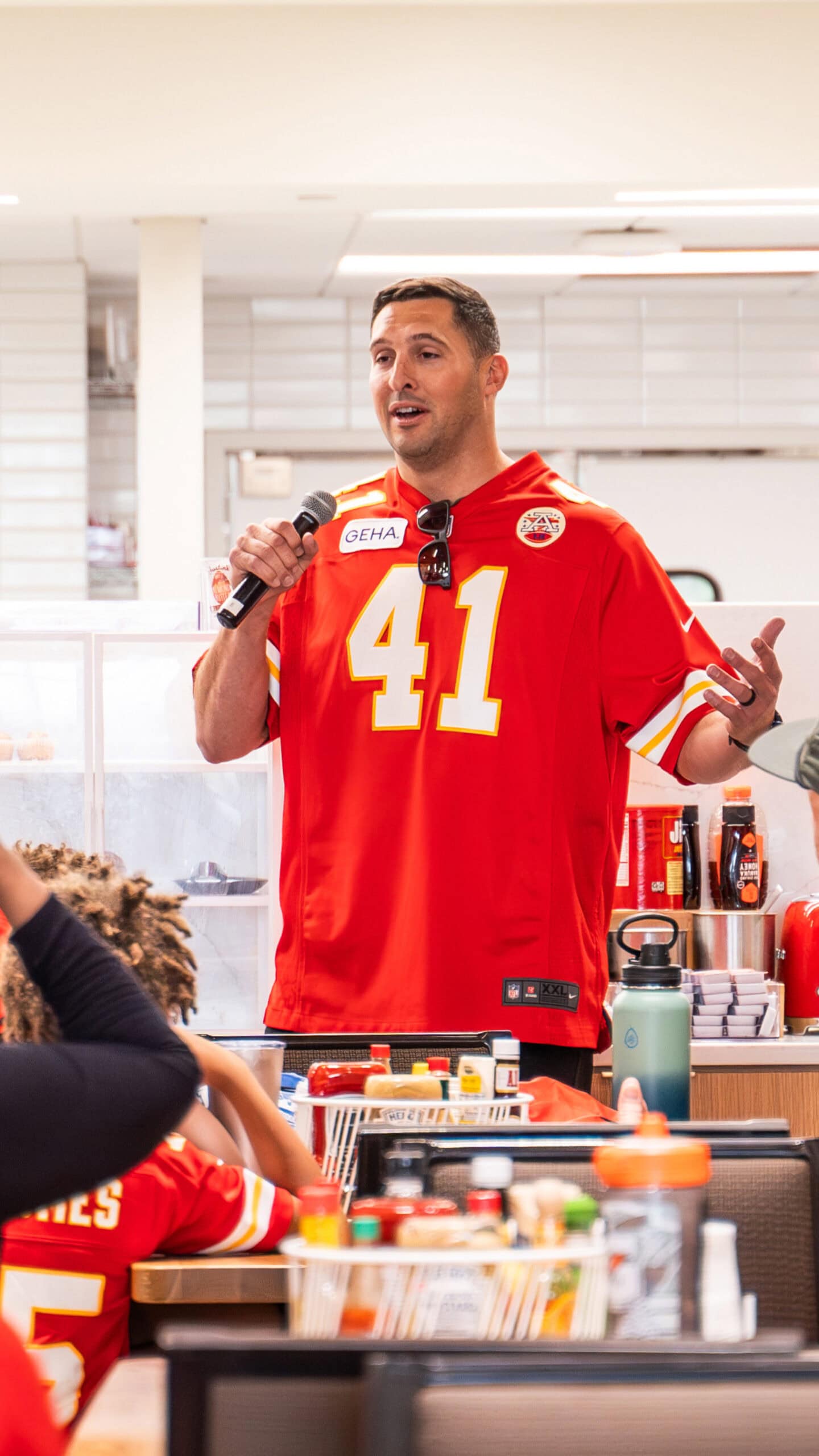
“It goes beyond football, right? It goes into being a better father, a better husband, and just trying to lead by example and do things the right way. I want to be a good steward of what God has given me,” James said.
Beyond football, James treasures his role as a husband and father. The lessons sports taught him—teamwork, resilience, and accountability—are the same ones he now seeks to pass down to his children. He encourages them to find their own passions while supporting them in whatever path they choose. For James, athletics are not about trophies, but about preparing young people to face life’s challenges with character and determination.
His career has also given him a platform to inspire others. Though he never set out to be a role model, he often hears from people who are encouraged by his story of chasing long odds and never giving up. That feedback, he says, is one of the most rewarding parts of his journey.
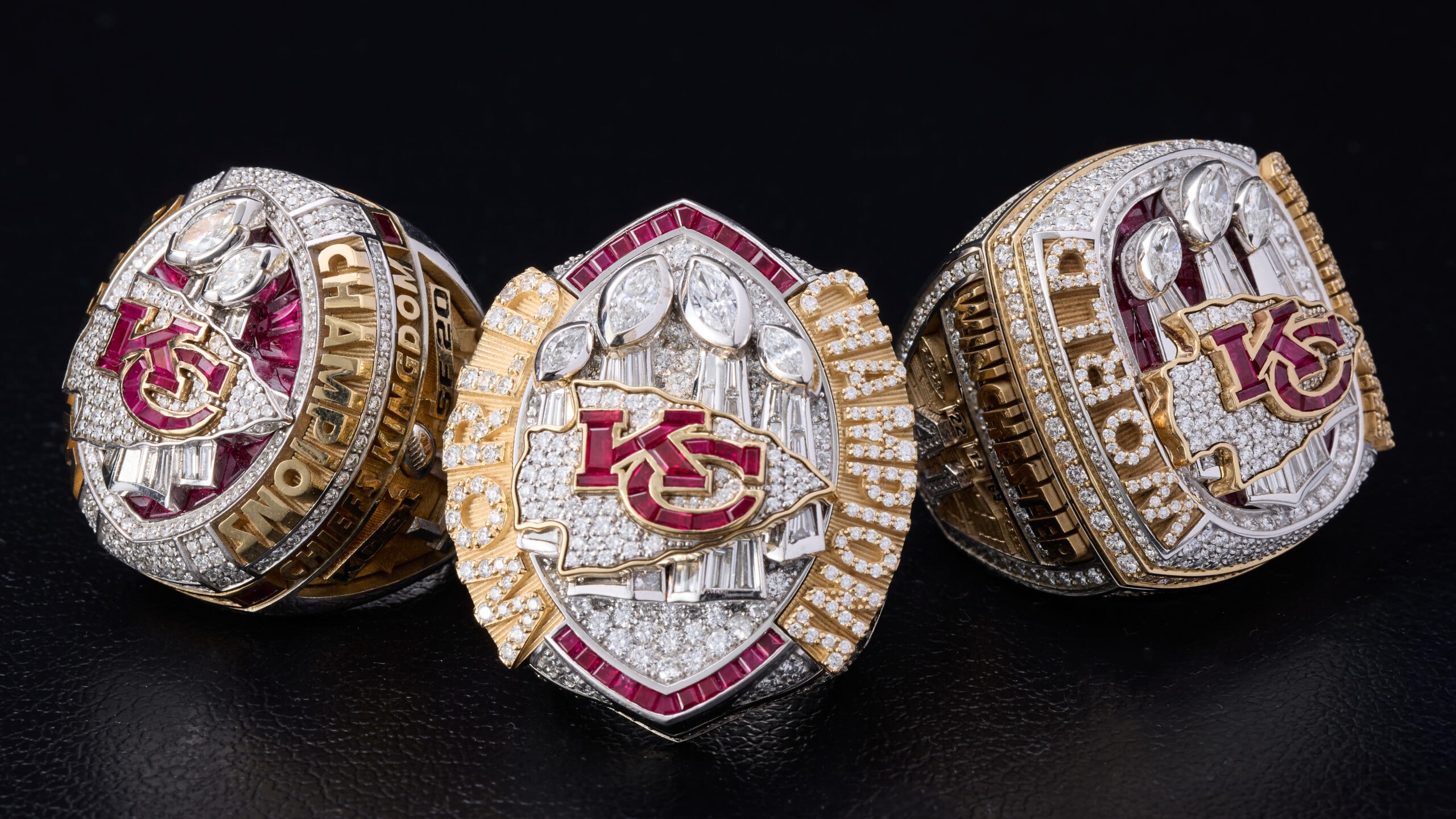
“The longer I’ve played in this league, the more rewarding it is to hear feedback from people who are inspired by my story. It’s a great privilege to be looked up to. That’s a big candle to hold,” said James.
Equally important to James is his connection to the Choctaw Nation of Oklahoma. Throughout his NFL career, the Nation has been a steady supporter, and he takes great pride in representing his heritage on such a visible stage. In 2025, he was inducted into the American Indian Athletic Hall of Fame, an honor he describes as deeply meaningful—not only for himself but for his family, particularly his grandmother, who had supported him at every step. For her, it was a powerful recognition of their heritage at a time when she could see it celebrated in a way it hadn’t always been in her youth.
James carries that legacy with humility and gratitude. Whether snapping the ball in Arrowhead Stadium, telling stories to his children, or representing the Choctaw Nation, he remains grounded in the values instilled in him long before the NFL: faith, perseverance, and a commitment to doing what’s best for those around him. To James Winchester, football has always been about more than wins and losses—it has been a vehicle for honoring his family, inspiring others, and pulling together with his teammates and community toward something greater.
In closing, James recalled an old saying that means a lot to him: “Iron sharpens iron.” To him, that means “helping your neighbor, loving your neighbor, and working together for a common goal to be better, to make one another better.”
Learn more about James Winchester and how the Kansas City Chiefs have partnered with the Choctaw Nation.
